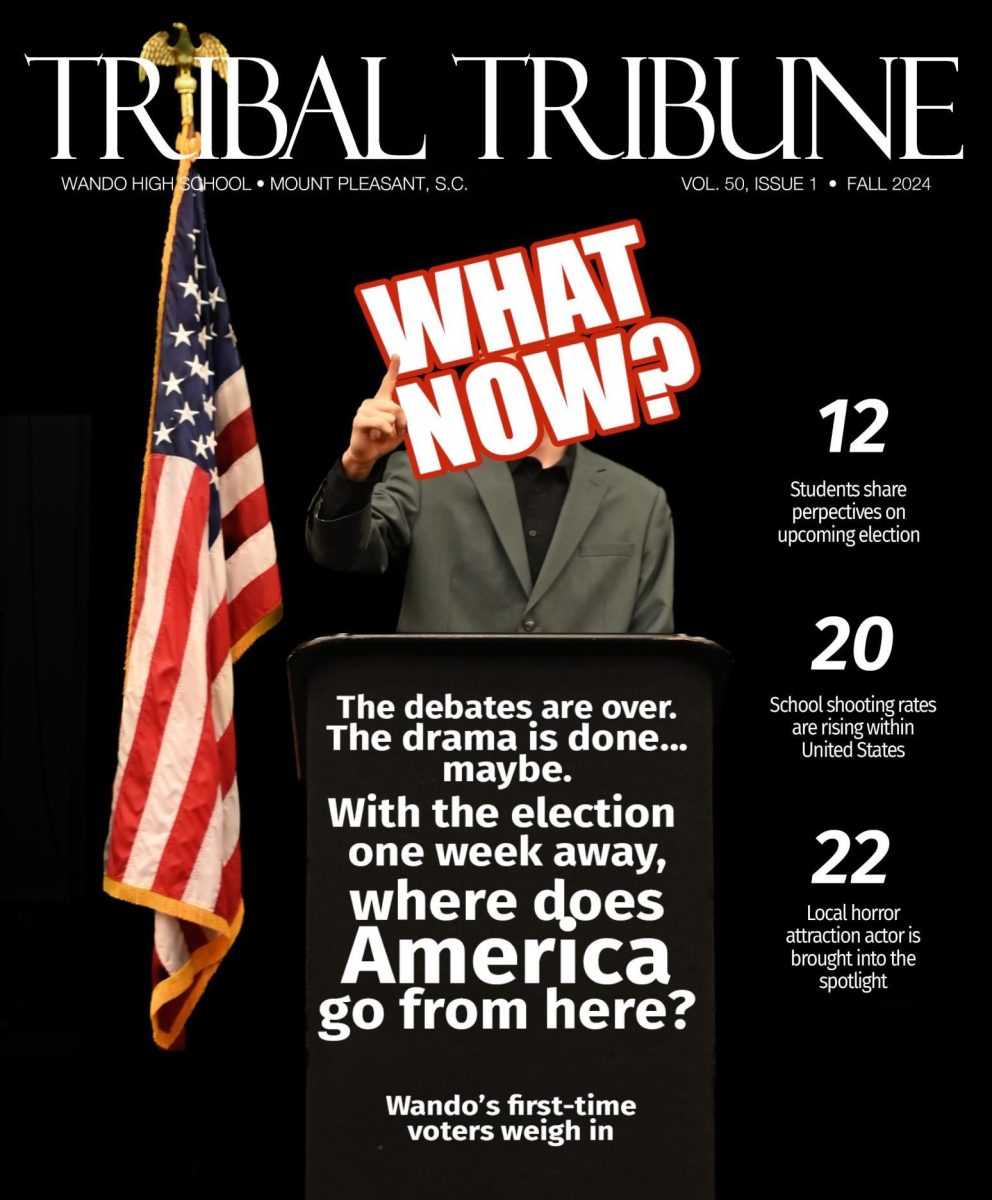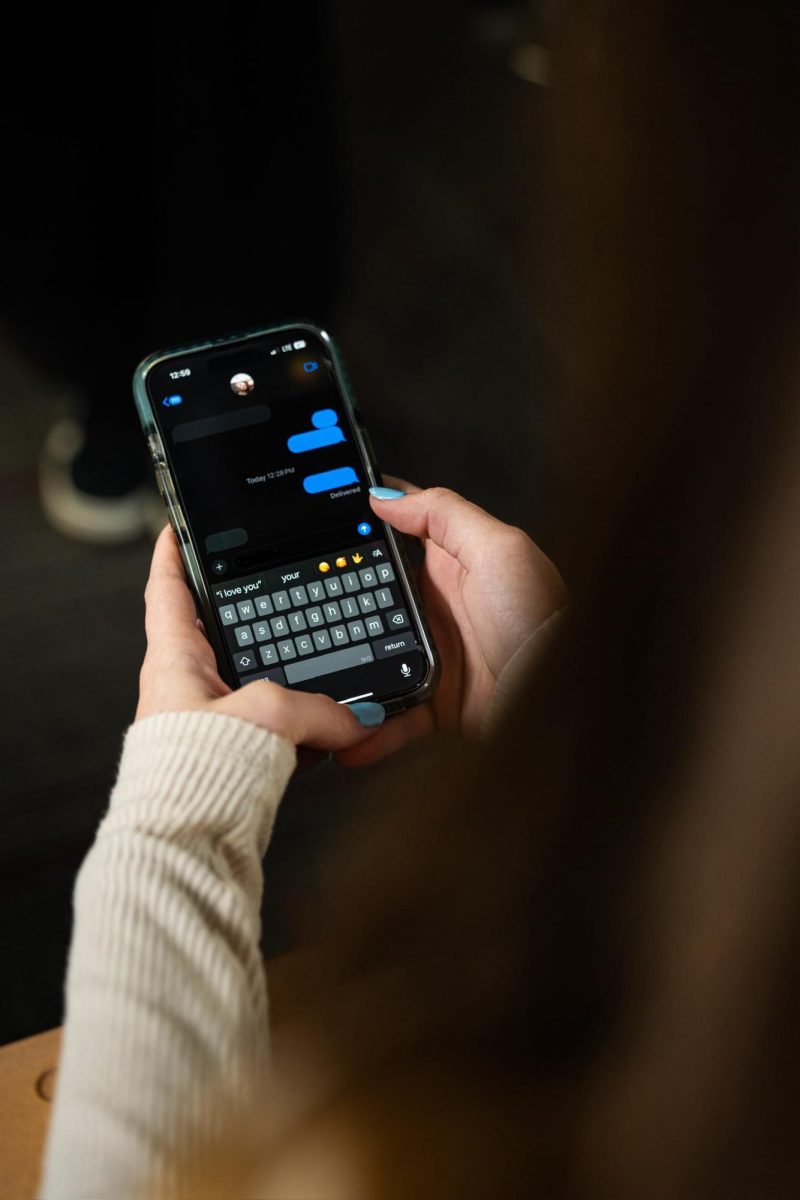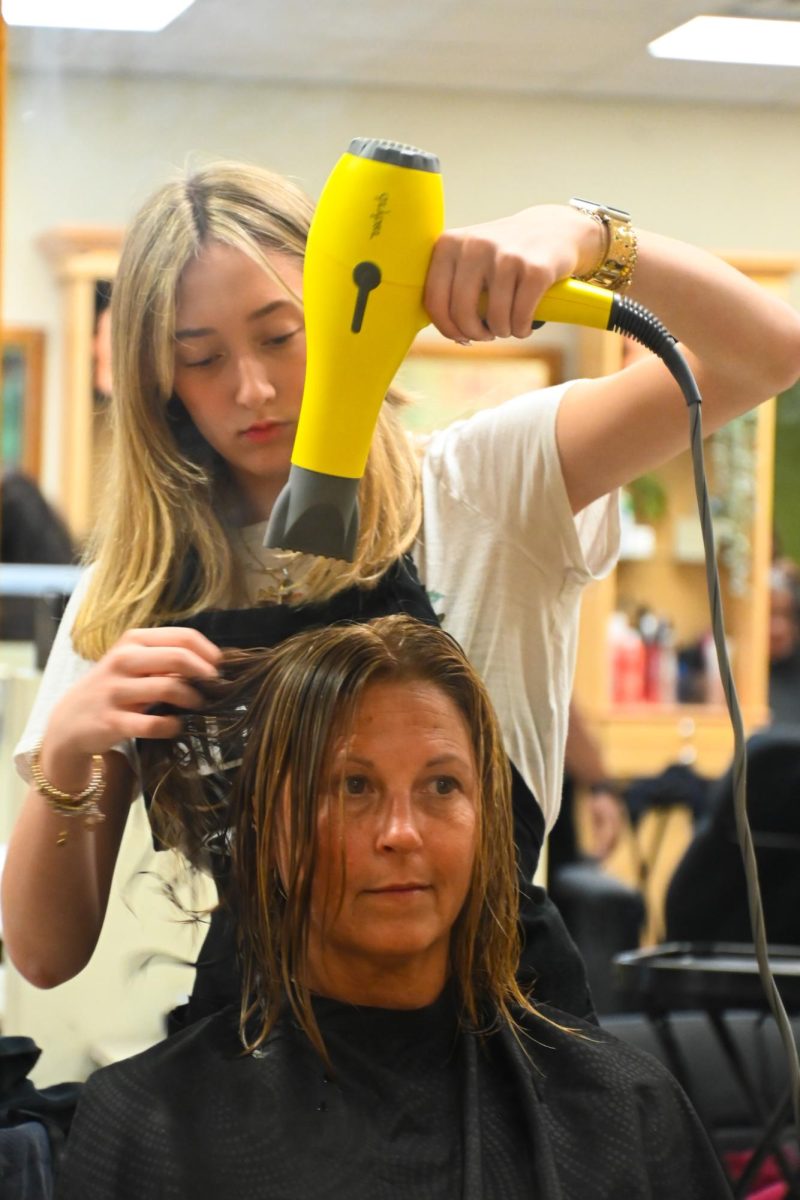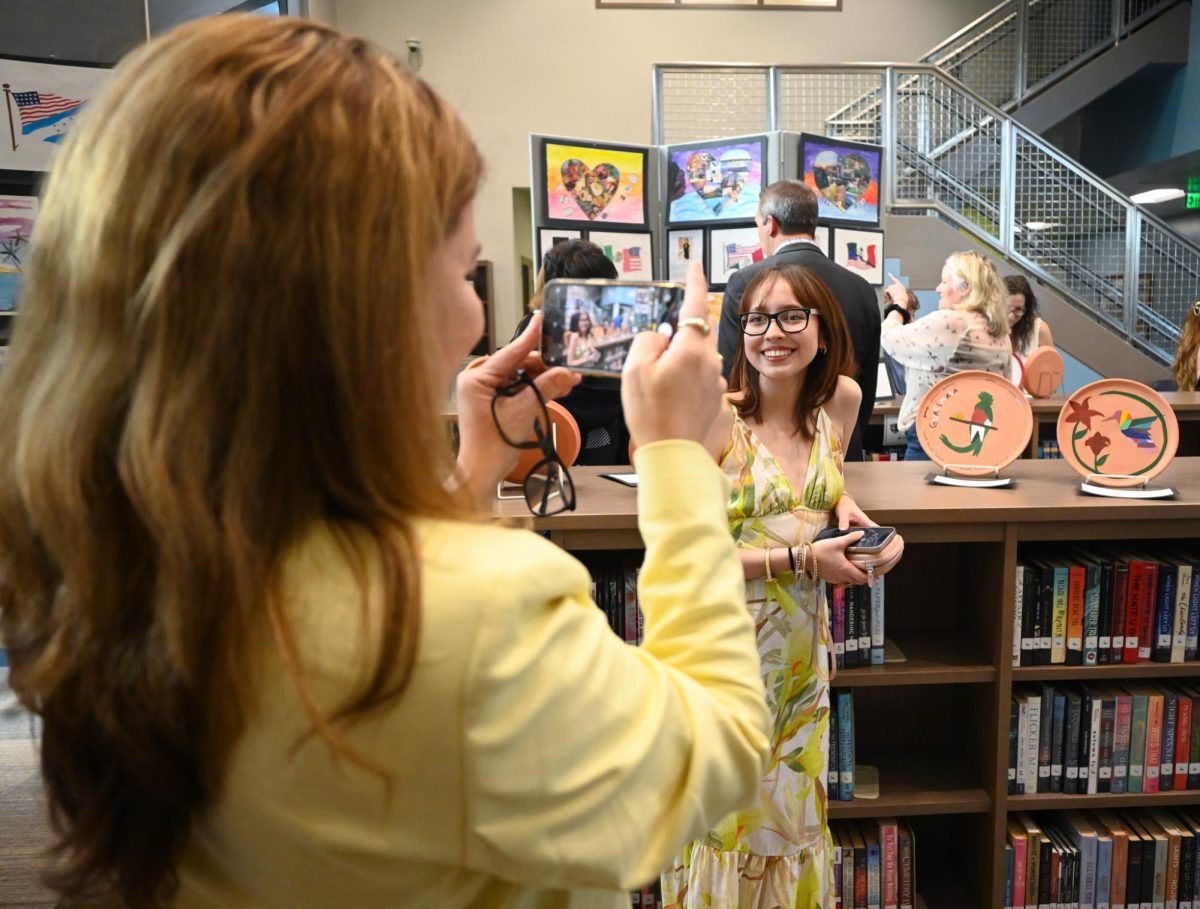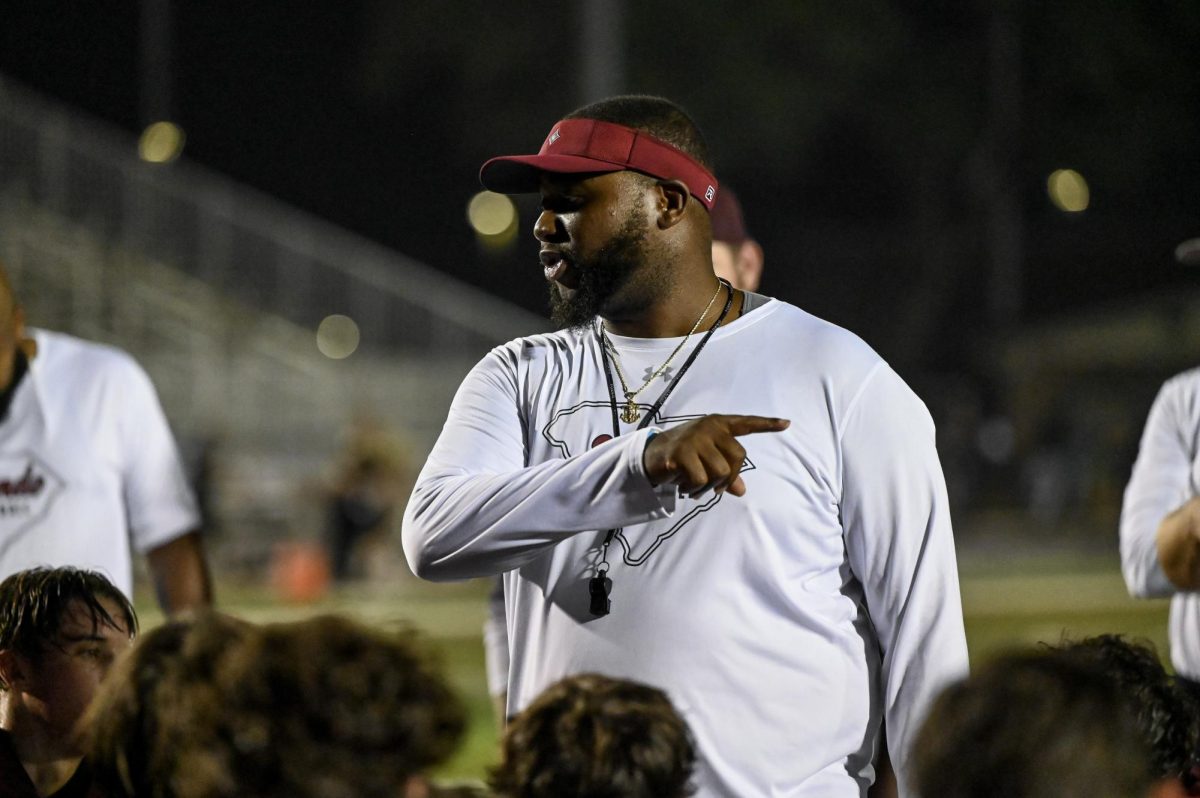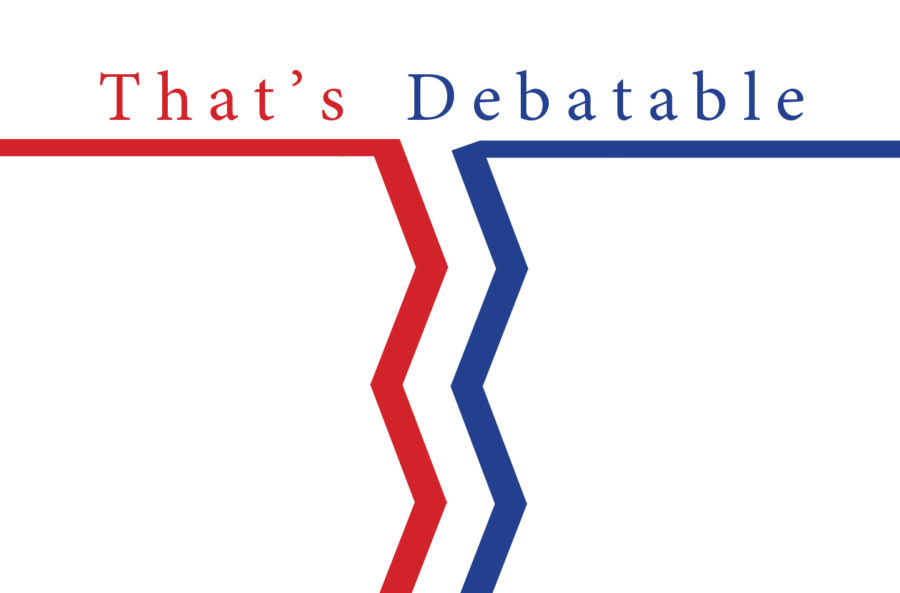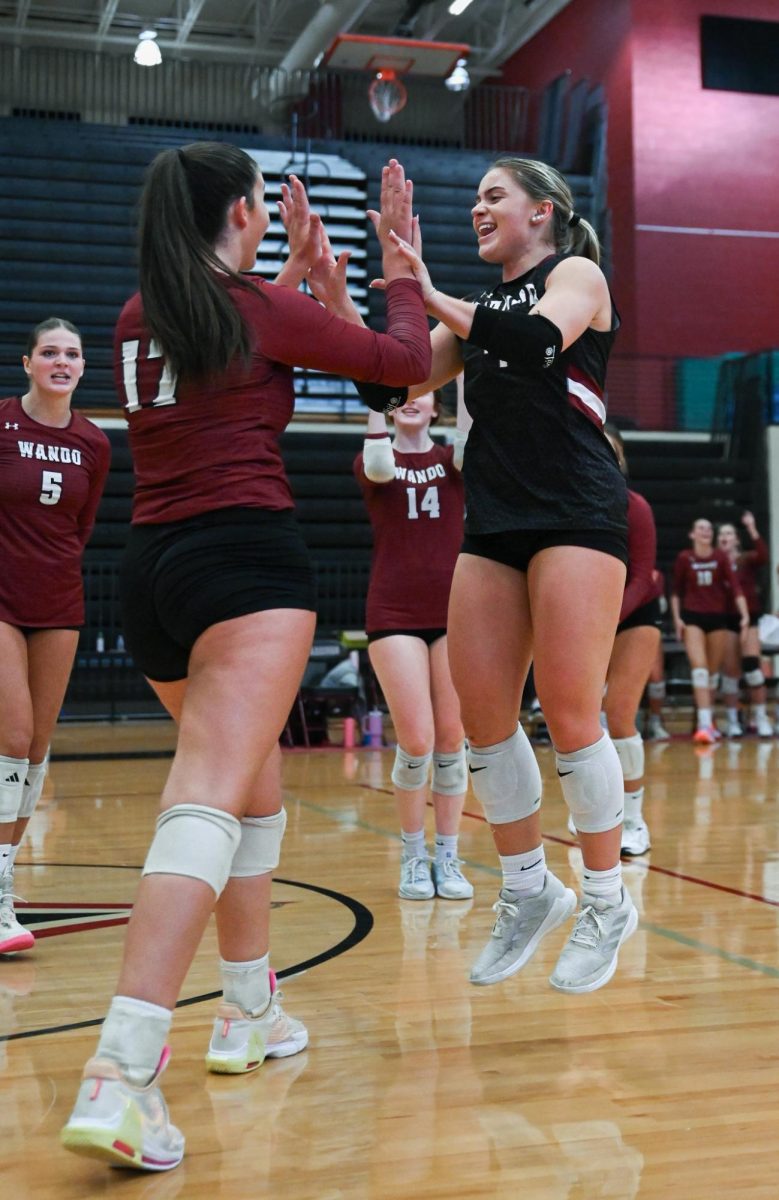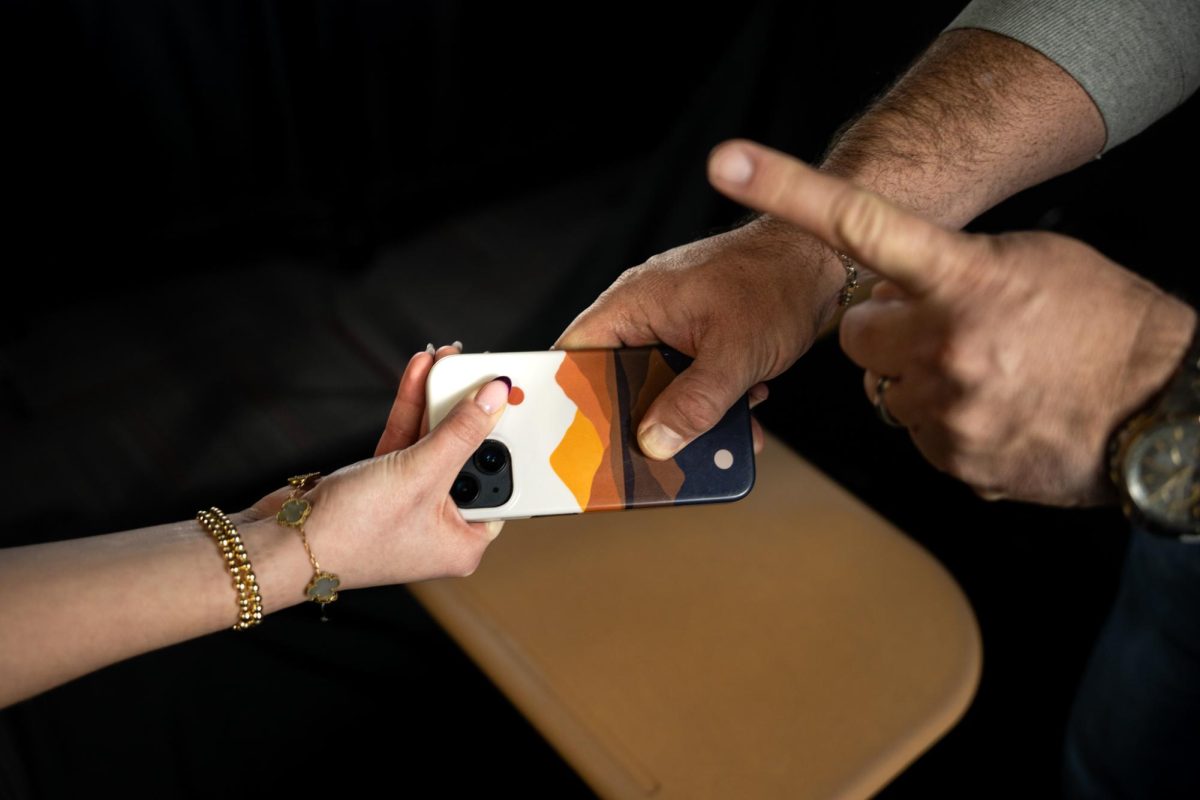South Carolina schools felt the gust of a major legislative change sweep across the state at the start of the second semester, coinciding with the start of 2025. Access to cell phones and personal digital devices has been banned from all classrooms, a result of state law.
Over the summer of 2024, the South Carolina legislative branches passed the phone-banning bill that would be approved by all levels of state government necessary for its ratification, with the policy taking effect in 2025.
The policy was mainly focused on improving educational time, according to State House representative Shannon Erickson.
“The goal is no digital distractions, smartphones… or smart watches taking up time during instructional hours. And the pretty broad goal of getting the focus back on what’s going on in the classroom and not on being distracted, by your arm buzzing or your phone,” Erickson said.
Teacher input was factored into the process of turning the goal into legislation.
“The government asked teachers about policy; superintendent Ellen Weaver for state Department of Education sent a questionnaire about the issue to all of the certified teachers and staff in the school and got feedback – over 70 percent of the feedback was… positive for removing the distractions from the classroom,” Erickson said.
Student feedback was not taken at the state level; however, input was taken into consideration for district and local-level discussions.
According to Charleston County District 2 Representative Carolina Jewett, the options for those districts to choose from were narrow.
“There’s really not a whole lot of room for interpretation… it doesn’t really have… anything in it that you would think ‘oh well let’s figure out if we can interpret this our own way’,” Jewett said. “It defines pretty much everything that we need to find [it defines] ‘what is ‘in school’, ‘what is ‘a personal electronic device’, ‘a school day is defined as the period of time that a student is present on the school campus from their arrival, [the] tardy bell until afternoon dismissal at the end of instructional day’, ‘this policy may also apply to school buses, field trips and athletic events’… So you know there’s not a lot of room for interpreting that,” Jewett said.
If schools try to interpret the policy loosely, or ignore it altogether, they will be subject to funding cuts.
For Principal Chas Coker, feedback to the initial proposal in 2024 was limited to the district level.
“The county had their hands tied, so… the law actually said… that the districts had to adopt the policy that said, you know, no cell phones, X, Y and Z. I mean, it had pretty much told them exactly what it needed to say. So there wasn’t really much input to be given… on that,” Coker said.
For Wando, though, the change was not as dramatic.
“We had already kind of decided as a school, we wanted to move to… limiting cell phone use in classrooms… So we were going ahead moving forward with that, whether the phone policy was in place or not… we thought it was a good place to start,” Coker said. “Depending on where the state landed with the proviso and the state board of education and stuff like that, at least we would be somewhat prepared as Wando High School, at least [for] what the next steps would be.”
While it will likely only go away through a vote, the policy will be reevaluated later in the year.
“Feedback has already been sought from some of the teachers from Superintendent Weaver… so it’s ongoing feedback… Weaver has told me that she will keep up with the discussion of it… she sends an email each week to our teachers [proposing] questions asking for discussion,” Erickson said. “All these kinds of things and she intends to get feedback on how it’s working and she has regular meetings with the state superintendent of all the districts and they have been working on this issue for quite some time as well.”
South Carolina is one of the first states to join in the nationally growing movement focused on removing phones from schools.
“Other states are watching us. There’s a lot of interest in this particular policy so I don’t believe we’ll have the problem of getting feedback and keeping our eyes on how it’s working. We also have a really good superintendent who understands this is step one,” Erickson said.




